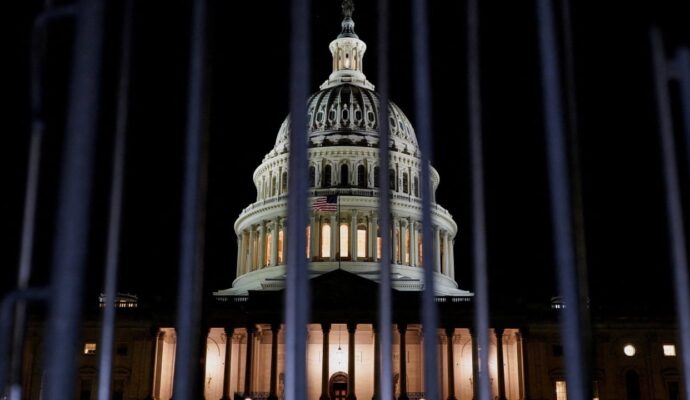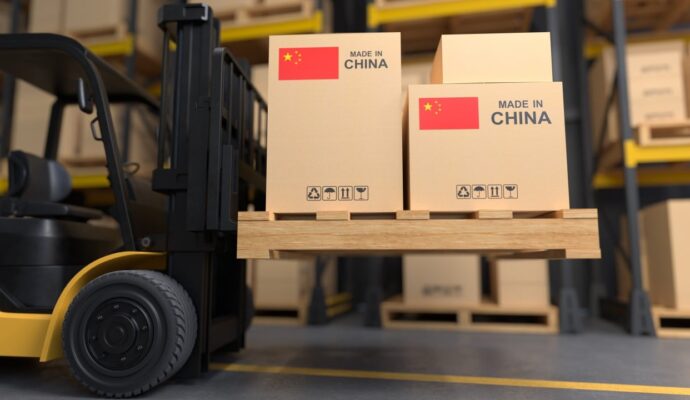IDG Capital is considering buying shares in Chery Holding Group from existing shareholders for as much as 7 billion yuan (US$976 million), people familiar with the matter said, potentially giving the buyout firm exposure to one of the few unlisted major carmakers in China.
Beijing-based IDG is raising funds from investors for the potential transaction, said the people, who asked not to be identified discussing a private matter.
Any deal would come as Chery Group looks to simplify its shareholding structure considering its revived plans to list its unit Chery Automobile in China, the people said. As part of the restructuring, Chery Group’s shareholders could opt to swap their stakes for shares in Chery Auto, they added.
Chery Auto is exploring filing for an initial public offering as soon as next year and may seek a valuation of as much as 150 billion yuan, according to the people.

Deliberations are ongoing and may not lead to any transactions, the people said. Details of the potential Chery Auto IPO could also change, they added. Representatives for Chery and IDG Capital did not respond to requests for comment.
Chery Auto is one of China’s last few carmakers that is not publicly listed. It is also the most important asset for Chery Group, which has other business dealings in financial services and real estate. Chery Auto Chairman Yin Tongyue floated the listing plan at a conference in 2009.
Founded in 1997, Chery Auto sells cars under brands Chery, Tiggo and Arrizo in China and abroad, according to its website. It has research and development centres in China, Germany, the US and Brazil. The company has sold close to 1.7 million vehicles in the first 11 months this year, according to state media outlet Xinhua News.
Chery Auto is also among China’s largest car exporters. The company plans to set up subsidiaries to sell directly to customers in the UK, Germany and France. It is investing $400 million to build a factory in Argentina with a goal of producing 100,000 vehicles a year there by 2030 and has announced plans to set up factories in Indonesia, Malaysia and Thailand. In Vietnam, it is looking to start mass production in the first phase of an $800 million plant by the end of 2025.


